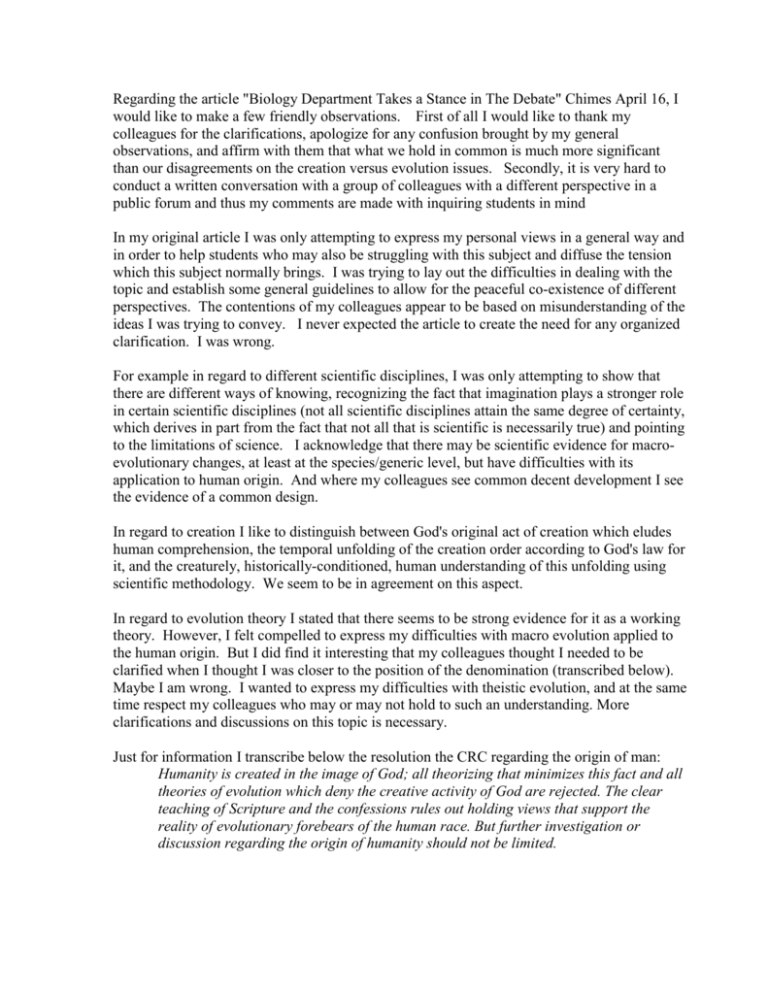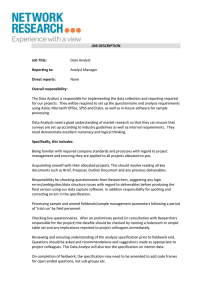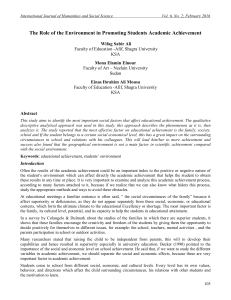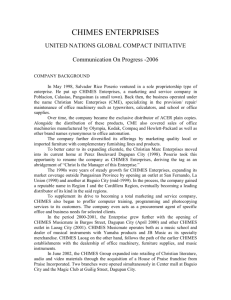Chimes April 16, I would like to make a few friendly o
advertisement

Regarding the article "Biology Department Takes a Stance in The Debate" Chimes April 16, I would like to make a few friendly observations. First of all I would like to thank my colleagues for the clarifications, apologize for any confusion brought by my general observations, and affirm with them that what we hold in common is much more significant than our disagreements on the creation versus evolution issues. Secondly, it is very hard to conduct a written conversation with a group of colleagues with a different perspective in a public forum and thus my comments are made with inquiring students in mind In my original article I was only attempting to express my personal views in a general way and in order to help students who may also be struggling with this subject and diffuse the tension which this subject normally brings. I was trying to lay out the difficulties in dealing with the topic and establish some general guidelines to allow for the peaceful co-existence of different perspectives. The contentions of my colleagues appear to be based on misunderstanding of the ideas I was trying to convey. I never expected the article to create the need for any organized clarification. I was wrong. For example in regard to different scientific disciplines, I was only attempting to show that there are different ways of knowing, recognizing the fact that imagination plays a stronger role in certain scientific disciplines (not all scientific disciplines attain the same degree of certainty, which derives in part from the fact that not all that is scientific is necessarily true) and pointing to the limitations of science. I acknowledge that there may be scientific evidence for macroevolutionary changes, at least at the species/generic level, but have difficulties with its application to human origin. And where my colleagues see common decent development I see the evidence of a common design. In regard to creation I like to distinguish between God's original act of creation which eludes human comprehension, the temporal unfolding of the creation order according to God's law for it, and the creaturely, historically-conditioned, human understanding of this unfolding using scientific methodology. We seem to be in agreement on this aspect. In regard to evolution theory I stated that there seems to be strong evidence for it as a working theory. However, I felt compelled to express my difficulties with macro evolution applied to the human origin. But I did find it interesting that my colleagues thought I needed to be clarified when I thought I was closer to the position of the denomination (transcribed below). Maybe I am wrong. I wanted to express my difficulties with theistic evolution, and at the same time respect my colleagues who may or may not hold to such an understanding. More clarifications and discussions on this topic is necessary. Just for information I transcribe below the resolution the CRC regarding the origin of man: Humanity is created in the image of God; all theorizing that minimizes this fact and all theories of evolution which deny the creative activity of God are rejected. The clear teaching of Scripture and the confessions rules out holding views that support the reality of evolutionary forebears of the human race. But further investigation or discussion regarding the origin of humanity should not be limited. With regard to the previous quote, Prof. David Warners rightly pointed to me that this was a minority recommendation (IX. Declaration F) and was recommended by the majority report not to be accepted (XI. D. 2.). Consequently indicates that the CRC favors a continuation of the discussions on this matter. I think this debate needs to continue if we are to make progress towards a peaceful coexistence of apparently conflicting perspectives. Perhaps the Chimes could organize a forum where students and professors could debate this issue in a Socratic format and taking into account aspects related to the philosophy of science rather than just comparison scientific data. This exchange of ideas and clarifications points very clearly to the fact we need to continue our conversations among faculty, students and the church at large if we are going to effectievely communicate with each other and develop a common understanding and or agree to disagree on certain issues without a judgmental attitude. The common reductionist tendency, found in the outside world, of not allowing for much flexibility and imagination outside the currently scientific acceptable models cannot exist at Calvin and I hope we will continue to have frank discussions with each other. Finally, I am reminded of Job (not related to his three friends advising him) by God’s response in Job 38:4 “Where were you when I laid the earth's foundation? Tell me, if you understand.” To what any response should, though acknowledging the mandate to continue seeking understanding through scientific tools, recognize with humility the difficulty of the task and praise the Creator of His unspeakably good gift of Creation. Blessings and Cheers, Paulo











